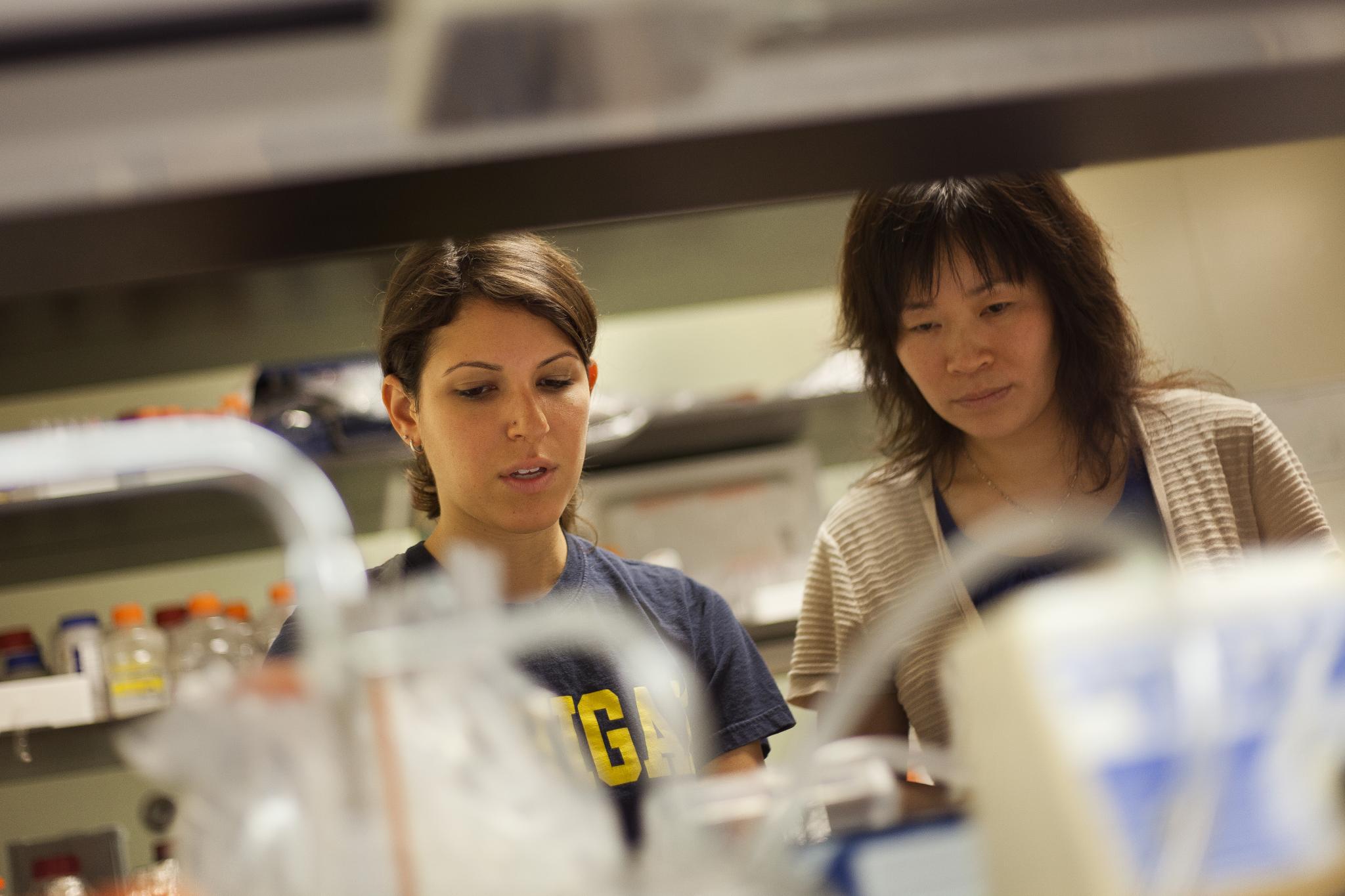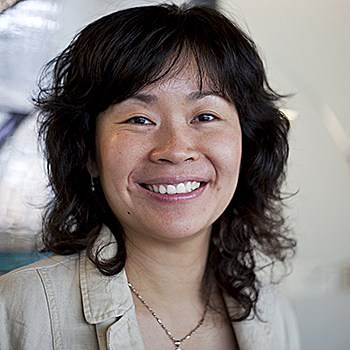Xiaoxia “Nina” Lin, associate professor in the U-M Department of Chemical Engineering (U-M ChE), has received funding from the National Science Foundation (NSF) to support research and education in advancing and translating microbial engineering technologies for biofuel/biochemical production.
The funding was awarded to Lin jointly through the NSF’s Partnerships for Innovation (PFI) program and the newly launched cross-directorate Mid-Career Advancement (MCA) program.
“I’m very excited and grateful for receiving this NSF award, in the inaugural round of the new Mid-Career Advancement program,” said Lin. “The resources provided by this grant will allow me to fully explore how to translate microbial engineering technologies developed in my research group through close interaction with the industry and ways to incorporate entrepreneurial training in undergraduate and graduate education.”
Lin’s research seeks to expand the development of microbial technologies through identifying and addressing bottlenecks and innovating and implementing new approaches in partnership with industry. Additionally, the project will generate fundamental insights about the diverse and complex microbial systems being investigated. As principal investigator, Lin will oversee the research itself as well as the development of a curriculum to train undergraduate and graduate students on microbial engineering technologies.
“Cutting-edge microbial engineering approaches, particularly for high-throughput production screening, will leap from laboratory model organisms to microbial species that are directly applicable in diverse industrial applications with enormous commercial potential,” said Lin.
NSF founded the PFI-MCA project to have a strong impact on technology innovation and translation as well as future generations of students. On the technical side, there is a focus on maximizing the translational impact of research by forming strong partnerships with industry leaders throughout the research process. On the educational side, there is a focus on entrepreneurship as well as promoting female and under-represented minority students.
Lin will work closely with Jonathan Fay, the Dixon and Carol Doll Executive Director for the U-M Center of Entrepreneurship.
Lin has been with U-M ChE since 2006. She received her PhD in chemical engineering from Princeton University after obtaining a dual bachelor’s degree in chemical engineering and computer science from Tsinghua University in China. Lin is drawn to microbial engineering research because it holds tremendous potential in both advancing the basic understanding of important biological systems and developing biotechnologies that could address some of the most crucial challenges faced by our society. Much of her research is conducted through the Lin Laboratory, which includes a diverse body of researchers, including doctoral students, master’s students, undergraduate students, research staff, and visitors.

